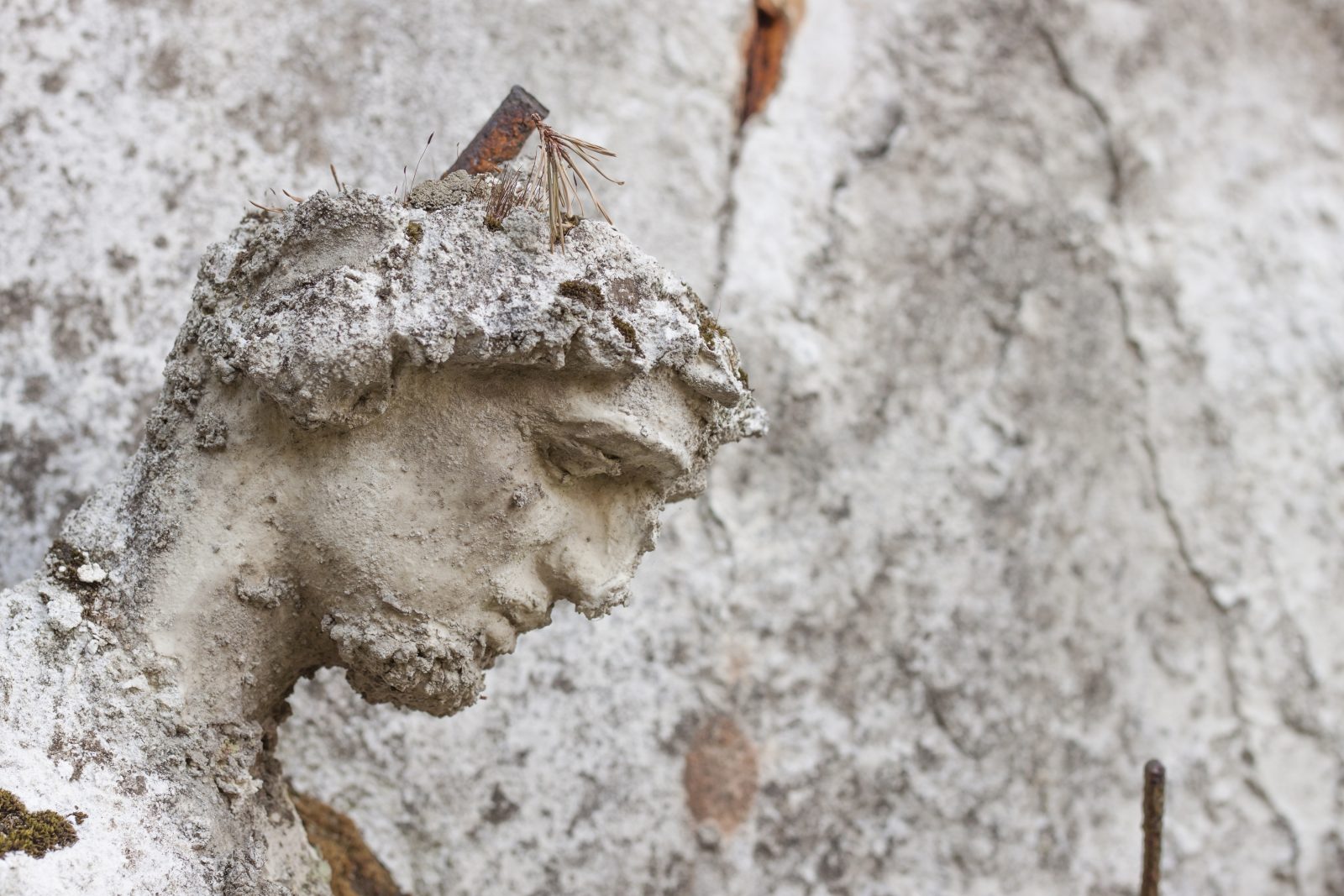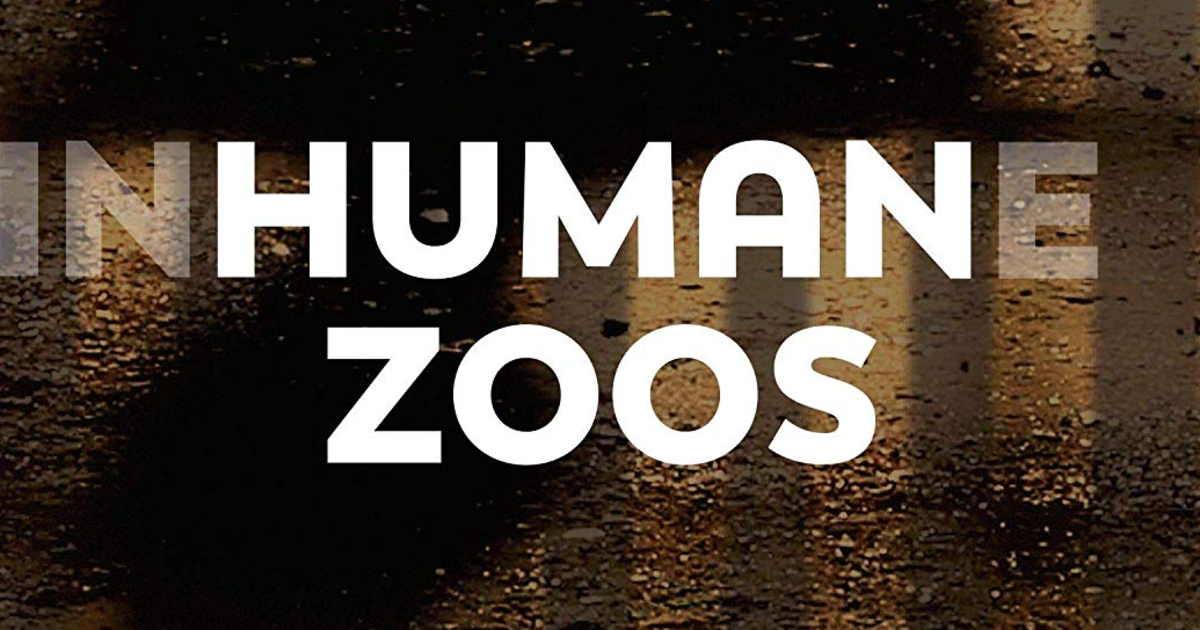


No, Scientists Should Not Rule
On this new episode of ID the Future, The Price of Panic co-author and philosopher Jay Richards hosts bioethicist Wesley J. Smith to discuss a Tweet from Physics-Astronomy.org. The Tweet read, “Imagine a world ruled by scientists, not politicians.” The drift of the Tweet was, wouldn’t rule by scientists be wonderful! Smith immediately threw up a great big “Don’t go there” sign at the Epoch Times. As Smith and Richards emphasize, such an approach to governance would be disastrous, and would actually be anti-science. It would tend to corrupt the practice of science, thrust scientific specialists into positions calling for generalist skills, and further the arrogant mistake that is scientism—the view not only that nature is all there is, but also that science is the be all and end all of human wisdom. As Richards and Smith go on to emphasize, political leaders definitely should have the humility to take into account scientific insights; it’s just that they shouldn’t stop there. They also have to factor in insights from economics, law, ethics, and other fields. Richards and Smith use the response to the coronavirus pandemic as a case in point. Smith’s latest book is Culture of Death: The Age of ‘Do Harm’ Medicine.

The Magician’s Twin: C.S. Lewis and the Case Against Scientism, Pt. 2

Thomas Aquinas Weighs in on the Coronavirus and Public Policy
On this episode of ID the Future, Andrew McDiarmid speaks with pediatric neurosurgeon and professor Michael Egnor about public policy decisions regarding the coronavirus. In a conversation based on a recent Evolution News article, Egnor says scientists should have “stayed in their lane,” giving policymakers the information that science can provide about a potential pandemic, and left the political calculations alone. He argues that WHO failed in one of its primary jobs, which is providing timely information and recommendations for preventing and slowing the spread of pandemics. They sat on information about Covid-19 for weeks, long after they knew there was a serious problem in China. Egnor also urges policymakers to apply science along with other expert information in a transparent decision-making process. And they must apply sound ethics — for which Egnor offers Thomas Aquinas’s four-fold framework, including the principle of “double effect.”

John West on Darwin’s Culturally Corrosive Idea, Pt. 2
On this episode of ID the Future, hear the second half of Discovery Institute’s John West’s talk given at the 2020 Dallas Conference on Science and Faith, on how Darwinism has corroded Western culture. In this portion he examines the morally poisoning effects of Darwinism on marriage, sexual ethics, and religion, such that virtually anything can be defended as OK, and no particular culture’s ethic is to be preferred over another. Humankind’s spiritual purpose has likewise been eroded. Yet West closes with hope: science in our generation is discovering more and more signs of intelligent design and purpose in nature, and young researchers are learning that materialism shouldn’t be the foregone conclusion of contemporary science.

Aeschliman Talks C. S. Lewis, The Abolition of Man, and That Hideous Strength

Michael Aeschliman on C. S. Lewis’s The Abolition of Man
On this episode of ID the Future, Andrew McDiarmid reads the afterword to Michael Aeschliman’s newly revised and expanded The Restoration of Man: C. S. Lewis and the Continuing Case Against Scientism. As Aeschliman explains, Lewis neither deified nor defied science, but he did insist that science idolatry was the grave and present danger of our age. In this excerpt, Aeschliman, professor of Anglophone Culture at the University of Italian Switzerland (Lugano), focuses on Lewis’s brilliant critique of scientism in The Abolition of Man and elsewhere in his work, and on some key thinkers, past and present, who joined Lewis in the fight. It’s a battle, Aeschliman explains, against “the vanity of reason unhinged from ethics,” amidst “a culture that oscillates between the toxic and the trivial.” How did Lewis propose to counteract the polluting effects of scientism? Listen in to find out. And for a deeper dive, pick up a copy of The Restoration of Man.
Richard Weikart on Michael Ruse’s “Compromise” with Christianity
On this episode of ID the Future, From Darwin to Hitler author and historian Richard Weikart returns to his conversation with Mike Keas about a recent book on Darwinism, Christianity, and war by Michael Ruse. Ruse aims at a surprising conclusion in this book.
Read More ›
John West and Michael Medved Talk Human Zoos and Racism
This episode of ID the Future features an interview with filmmaker John West on the Michael Medved show, about West’s recent documentary Human Zoos: America’s Forgotten History of Scientific Racism, now streaming on YouTube. Medved and West explore the tragic story of Ota Benga, and the prominent role that the Bronx Zoo, the pro-Darwinian scientific establishment, and the New York Times, played in that tragedy. As West explains, there are lessons here about the danger of letting the voices of “science” confuse our grasp of moral truth. Please consider donating to support the IDTF Podcast.

Why Scientific Materialism is No Match for Truth, Beauty, and Goodness
On this episode of ID the Future, David Klinghoffer speaks with Dr. Ann Gauger, biologist and Director of Science Communication for Discovery Institute’s Center for Science and Culture, about her recent article “The Transcendental Treasury of Truth, Beauty, and Goodness” at EvolutionNews.org. These abstract concepts don’t derive from the material world, yet we feel impoverished without them; they’re foundations of a life worth living. Materialistic evolutionary explanations for truth, beauty, and goodness fall flat. Some of them even reduce them to mere illusion. It takes a designer who knows truth, beauty, and goodness to explain what we all know: They’re really real.